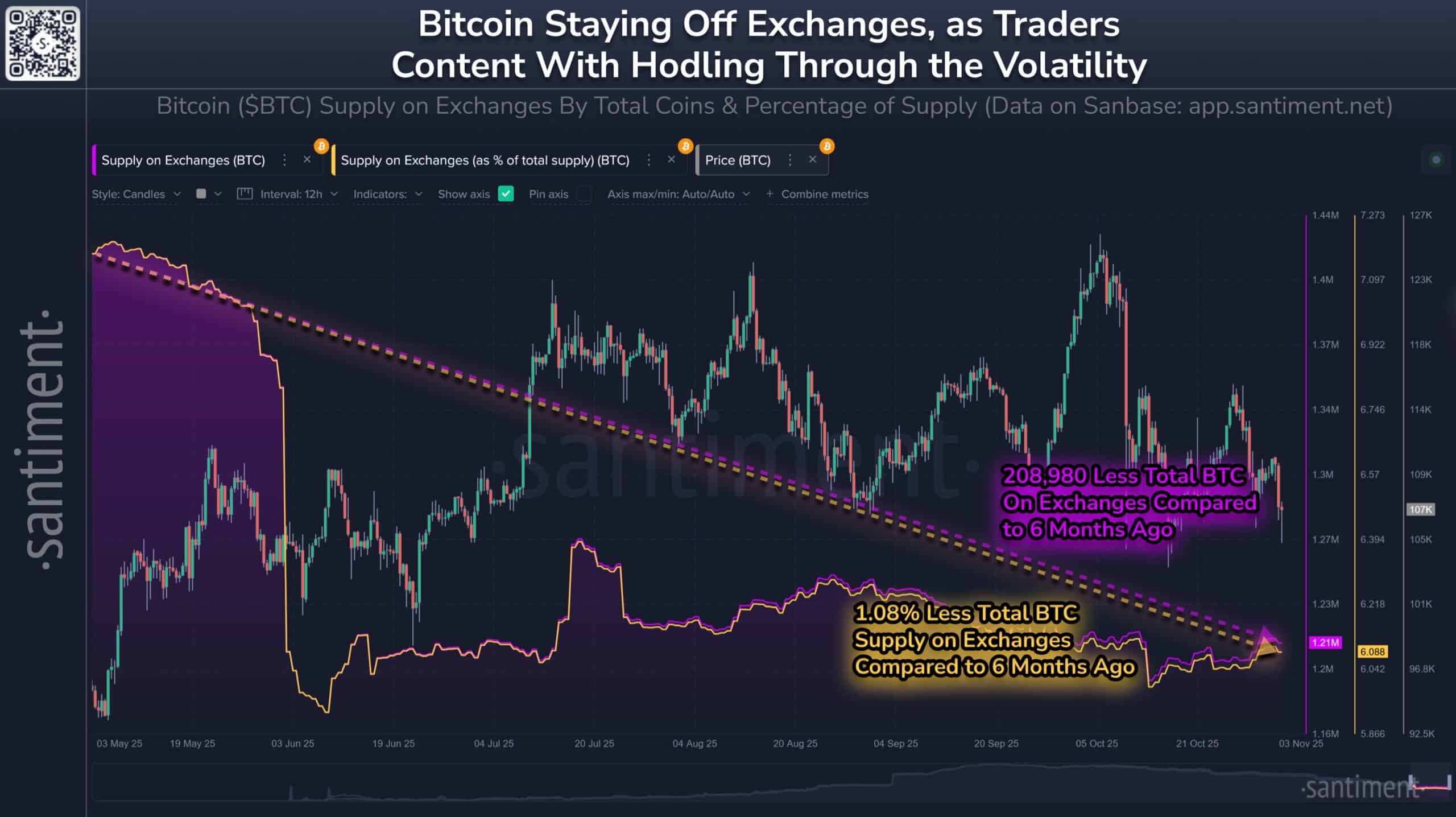SEC’s ETF Shakeup: Why 70 Financial Giants Are Poised to Rewrite the Rules of Mutual Funds—And What It Means for Your Portfolio
Ever wondered what the financial world will look like when mutual funds and ETFs shake hands and start dancing to the same beat? Well, the Securities and Exchange Commission (SEC) is inching closer to making that a reality by gearing up to approve ETF share classes for mutual funds. Imagine this — 65 to 70 major mutual fund firms, managing an unfathomable amount of assets in the trillions, are poised to leap into this game-changing arena. This isn’t just a tweak; it could be a tectonic shift in how investment products are offered and traded. Suddenly, investors might get the best of both worlds: the tried-and-true strategies of mutual funds fused with the sleek flexibility and accessibility of ETFs. It’s like merging the comfortable reliability of a sedan with the sporty agility of a racecar… and who wouldn’t want that? As an entrepreneur and marketer who’s seen industries evolve at breakneck speed, this move has me buzzing with anticipation about the waves it’s about to create. Ready to dive in and see what’s next? LEARN MORE.
SEC on verge of approving ETF share classes for mutual funds, paving way for major industry shift as dozens of firms prepare to launch new products.

Photo: Andrew Harrer/Bloomberg
Key Takeaways
- The SEC is close to approving ETF share classes for mutual funds, signaling a potential major industry shift.
- 65-70 mutual fund firms, managing trillions in assets, are preparing to launch ETF share class versions of their products.
Share this article
The Securities and Exchange Commission is close to approving ETF share classes for mutual funds, with 65-70 firms holding trillions in assets preparing to launch such products.
The SEC is at “the one yard line” regarding approval of ETF share classes of mutual funds, according to Katilyn Bottock, assistant director of investment management at the agency. She made the comments at an Investment Company Institute event in Nashville.
The potential approval would allow mutual fund companies to offer exchange-traded fund versions of their existing mutual fund strategies, providing investors with the trading flexibility of ETFs while maintaining the underlying investment approach of traditional mutual funds.
Share this article




















Post Comment